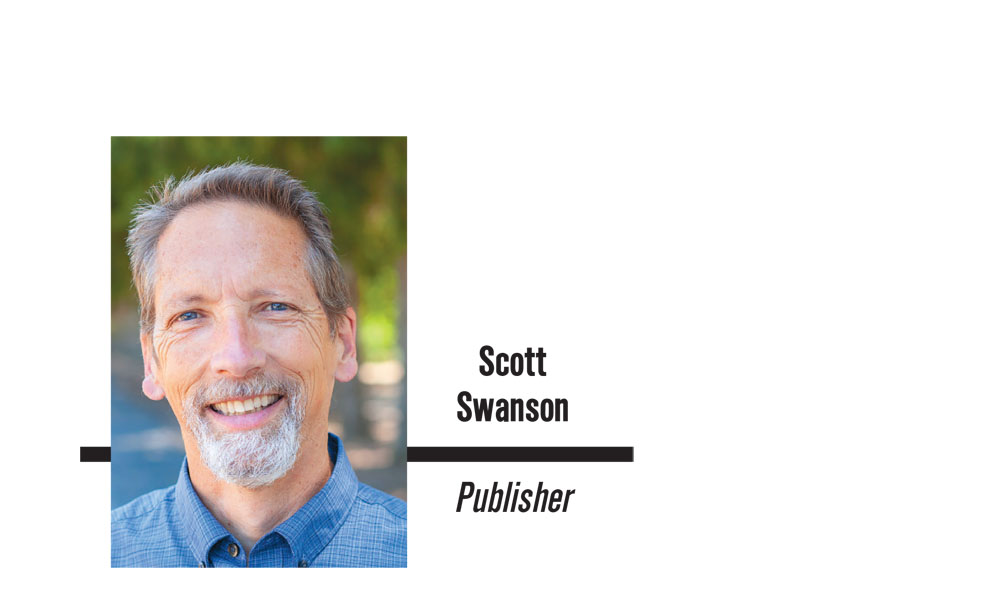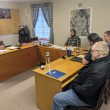For many, it’s not comfortable to (a) put aside the other demands of life to make the effort to go to a City Council meeting, (b) take the initiative to walk to the dais in front of a large crowd, or (c) say things that may not make you popular.
Thus, we commend those who have taken the steps above to testify in recent public meetings on such topics as Lebanon’s homeless situation and, more recently, the contents of books in the city library and whether those books should be available to young patrons (see page 1).
And we commend these people for biting the bullet and showing up in person.
Speaking from cumulative decades of experience in covering public meetings – city councils, school boards, planning commissions, county commissions, etc., we can say with surety that showing up really, really matters.
Not only does it make an impact on the local policy makers – and again, from long experience, we can say that it really does, but it’s a lot healthier and more effective than taking potshots on social media.
We will restrain ourselves from going too far down that road, except to say that a lot of the rancor we complain about in public life these days is the result of people not showing up. They form opinions from ideological cocoons – the internet, talk shows, podcasts, and then they fire away at unseen foes with little or no civility or restraint.
It’s amazing what happens when we actually meet a person, in the flesh, whom we might not agree with. We might find out that we actually have something in common, and we certainly can recognize that this is a person, not an entity that we don’t quite see eye to eye with. This person has facial expressions, feelings, opinions based on their experiences and what they believe – just like us.
Social scientists have demonstrated in repeated studies that interpersonal contact increases the probability of deliberation and even compromise.
On social media, where a lot of “discussion” and “debate” happens these days, it’s just words, strings of text. Whoever is behind many of them might be someone we have never met and know about them only what they’ve posted. Given these parameters, it’s easy for our imagination to kick in, and usually not in a positive way. We can’t see them (unless it’s on a video), we can’t hear them, and mere words – yeah, this is coming from wordsmiths – don’t always convey depth of feelings real well, especially if they’re not well thought out.
That’s why physical presence at live meetings makes a difference. We might be outraged when we read about someone’s concerns about, say, the presence of certain literature in the library, as in the case before us, or we might be outraged that someone wants to keep it there.
So both sides show up to city councilors, who likely are curious to know what people think and why, and they have their say.
It’s not polarized, at least not in a personal sense. There are no F-bombs and other sophomoric insults. It may be a little tense, but that’s to be expected when people don’t agree. It’s called democratic process.
Healthy community in action.
Keep it up.





